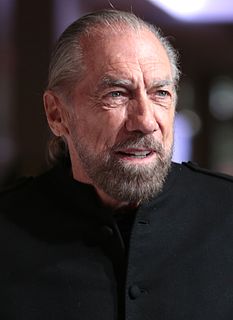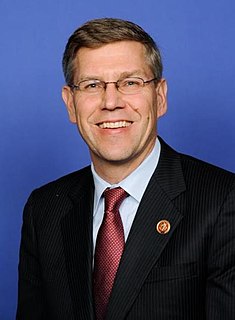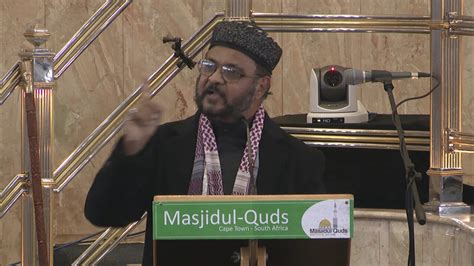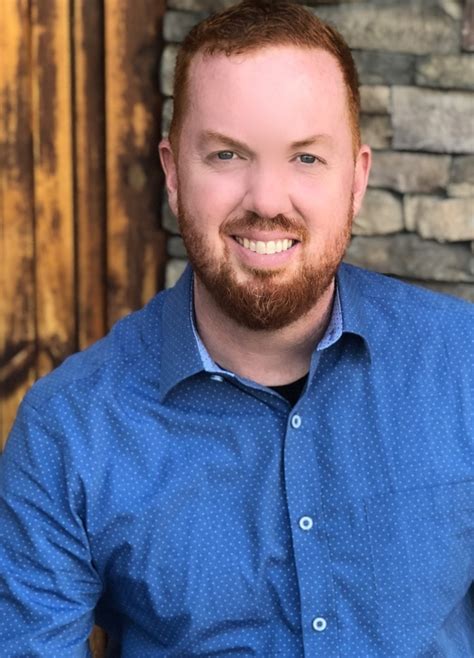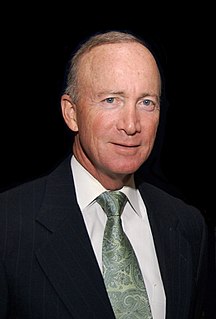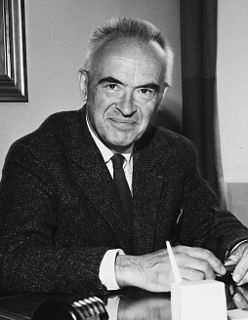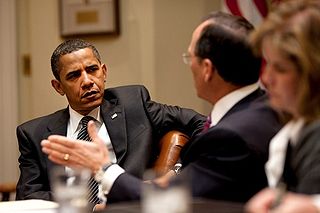A Quote by Harry S. Truman
We should resolve now that the health of this nation is a national concern; that financial barriers in the way of attaining health shall be removed; that the health of all it's citizens deserves the help of all the nation.
Related Quotes
Britain, with the most completely socialized health system in the West, now spends the lowest fraction of GNP on health care of any major nation. There are frequent complaints of excessive waits for elective surgery and other inconveniences, but British citizens live slightly longer than Americans, on average, and our overall health conditions are comparable.
As Congress debates overhauling the nation's health care system, it should not authorize a reform plan that would further our financial woes. We must avoid creating an unsustainable government program. There is no question that reform is needed, but health care can be made more affordable without massive and expensive new bureaucracies.
The health of a society is truly measured by the quality of its concern and care for the health of its members . . . The right of every individuals to adequate health care flows from the sanctity of human life and that dignity belongs to all human beings . . . We believe that health is a fundamental human right which has as its prerequisites social justice and equality and that it should be equally available and accessible to all.
Money has, as we know, no value in itself. It is a convenient yardstick for a large number of material values. But the health and life of an individual as well as the health of a nation cannot be measured by that yardstick. If we, entrusted with protecting and defending the health of the population, give in to a salesman's scale of values we are lost.
The connection between health and productivity at work is intuitively obvious but has not been demonstrated to the satisfaction of either researchers or corporate financial officers. Ronald Kessler and Paul Stang help to bridge the usual gap between research and the marketplace with the help of a top-notch group of the best 'real-world' investigators obtainable-all in the cause of making the case that employee health should be treated as an investment in business performance-thus creating the new discipline of health and productivity management.
WHO has a country office in nearly every developing country, usually located close to the Ministry of Health. Staff in these offices need to do much more to help ministries of health strengthen their national health plans and strategies and then negotiate with development partners to support these priorities and follow these plans.
Since 1975, violence has been recognized as a public health problem, in large part to former Surgeon Generals Dr. Koop and Dr. Satcher's pioneering efforts to make the health approach a national priority. Since then, we've seen that violence can be curbed - and stopped - if we treat it as we would any other epidemic health concern.


